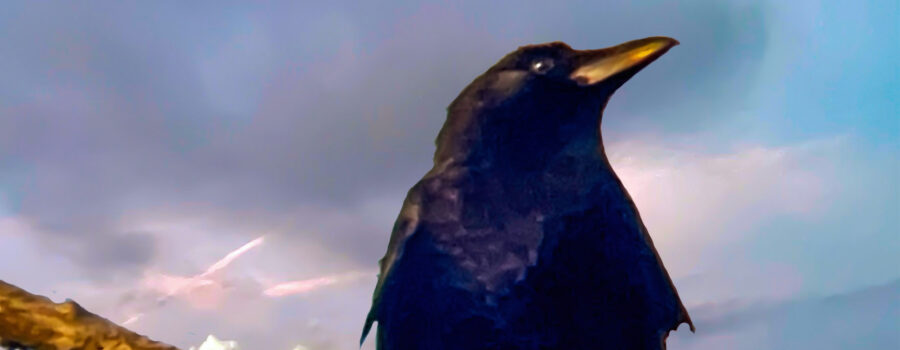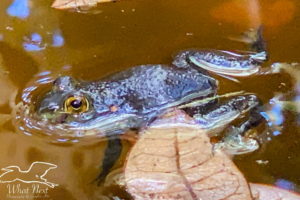Unlocking the Marvels of Animal Intelligence

From intricate problem-solving skills to impressive social dynamics, the world of animals is teeming with intelligence. Beyond the instinctual behaviors we often associate with them, many species showcase remarkable cognitive abilities that continue to astonish scientists and enthusiasts alike. In this article, we will look into the fascinating realm of animal intelligence, shedding light on their exceptional capabilities and the implications they hold for our understanding of the natural world.

1. Cognitive Complexity:
Animals exhibit a wide range of cognitive abilities, from memory and learning to communication and tool use. Some primates, like chimpanzees, demonstrate complex problem-solving skills and even exhibit self-awareness. Crows showcase impressive tool-making and problem-solving capabilities, using tools to extract food or fashioning them for future use. Dolphins exhibit sophisticated communication skills and engage in complex social interactions.

2. Adaptability and Innovation:
One striking aspect of animal intelligence is their adaptability to new and changing environments. From urban-dwelling raccoons that have learned to open trash cans to octopuses that use camouflage and problem-solving techniques to navigate through mazes, animals showcase their capacity for innovation and adaptability.

3. Intelligence:
Beyond cognitive abilities, animals also display emotional intelligence. Elephants exhibit deep social bonds and mourn their deceased companions. Dogs showcase empathy and are skilled at interpreting human emotions. Whales display complex vocalizations that suggest a form of emotional communication. Many animals form tight bonds with mates, offspring, and important members of their social organization. Even the formation of social groups with an intricate hierarchy and laws and rules, indicates an intelligence beyond just instinct.

4. Implications and Conservation:
Recognizing and understanding animal intelligence is crucial for fostering compassion and promoting conservation efforts. By appreciating the cognitive complexities of animals, we can advocate for their protection, ensure their welfare, and develop sustainable practices that respect their inherent intelligence. By sharing the intelligence of animals in our art, we can only help to further these causes.

Animals possess a rich tapestry of intelligence, challenging the boundaries of our understanding and igniting curiosity about the vast wonders of the animal kingdom. Exploring their cognitive abilities not only enhances our knowledge but also strengthens our commitment to coexist harmoniously with these remarkable creatures who share our planet.





Recent Comments